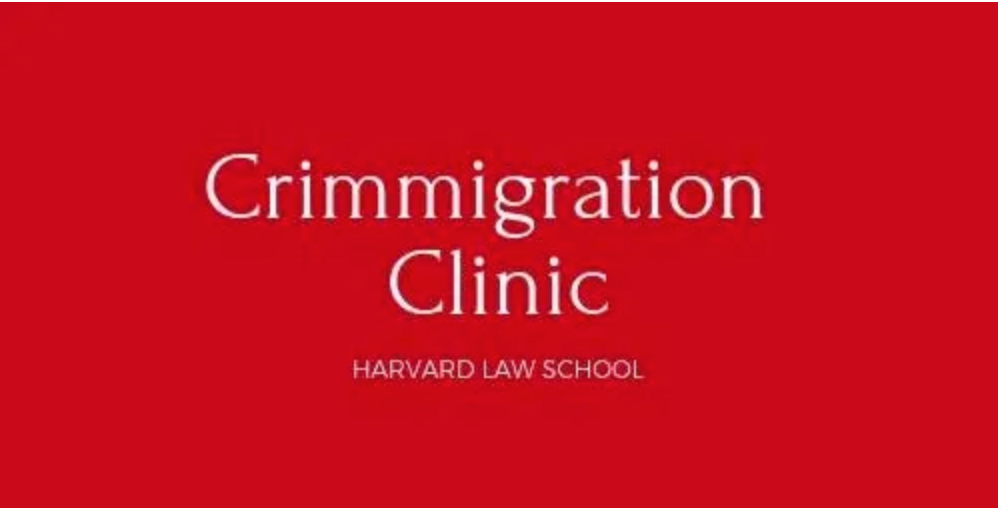
Today, the Crimmigration Clinic filed a petition for a writ of certiorari with the United States Supreme Court in a case that seeks to clarify the type of legal advice noncitizen-defendants must receive from their defense about the immigration consequences of a prospective guilty plea.
The petition specifically asks the Court to review the case of Alfredo Juarez, a former lawful permanent resident who was wrongfully deported nearly eight years ago after pleading guilty to a Colorado misdemeanor drug possession charge. Mr. Juarez accepted the plea deal based on incorrect advice from his defense counsel, who failed to clearly explain that federal law would require his automatic deportation if he pleaded guilty. After entering his guilty plea, Mr. Juarez was deported to his country of nationality and away from his wife and two children.
Shortly after he was deported, Mr. Juarez filed a motion asking the court to allow him to withdraw the guilty plea because he had not been properly advised about its automatic immigration consequences. The motion was denied and Mr. Juarez appealed that decision through the Colorado court system up to the Colorado Supreme Court, which dismissed his appeal and determined that defense counsel need only caution that a guilty plea carries a risk of deportation—even when federal law clearly states that deportation is mandatory.
The Crimmigration Clinic, which is part of the Harvard Immigration and Refugee Clinical Program at Harvard Law School, jumped in to represent Mr. Juarez in his request to have the U.S. Supreme Court review the Colorado Supreme Court’s decision. Ian Ramsey-North, a law student intern with the Crimmigration Clinic, who worked closely with the clinic’s director Phil Torrey on the petition, said “I firmly believe that defendants like Alfredo Juarez have a right to a higher standard of representation and I want to see a favorable outcome in this case so he can come home.”
There is a significant conflict among both state high courts and federal circuit courts about the content of advice defense counsel must provide to noncitizen-defendants who are deciding whether to plead guilty to a criminal offense. A majority of courts throughout the country require counsel to provide unambiguous advice about the clear immigration consequences of a guilty plea. Other courts, however, simply require counsel to caution noncitizen-defendants that the guilty plea may carry a risk of deportation. This case provides the Supreme Court with an opportunity to resolve that conflict.
According to Ramsey-North, “the petition will hopefully bolster the constitutional rights of noncitizen–defendants throughout the country, and allow Mr. Juarez to be reunited with his family in Colorado.”
Filed in: Legal & Policy Work
Tags: Crimmigration Clinic, Harvard Immigration and Refugee Clinical Program, HIRC, Ian Ramsey-North, Phil Torrey, Supreme Court
Contact Office of Clinical and Pro Bono Programs
Website:
hls.harvard.edu/clinics
Email:
clinical@law.harvard.edu